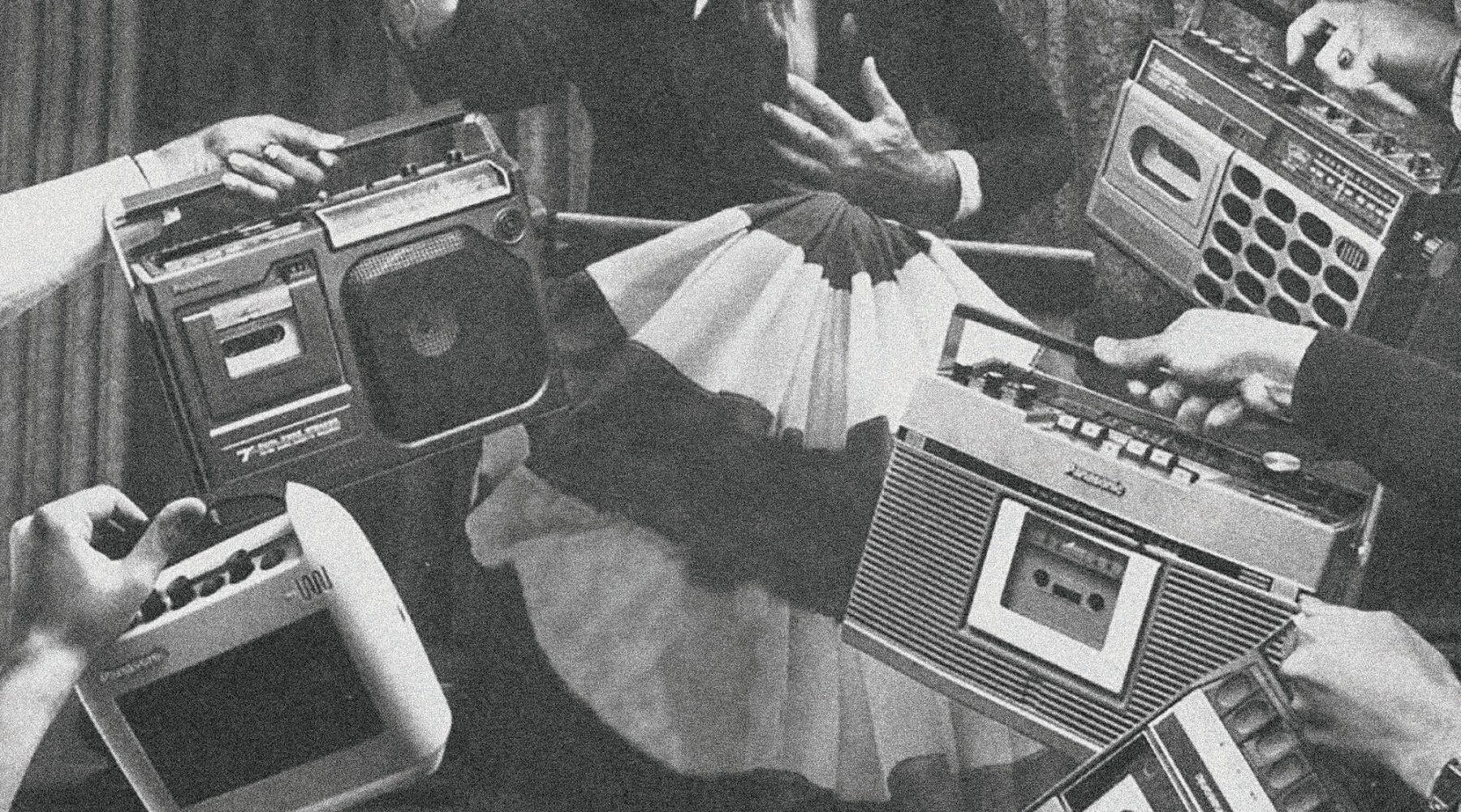- CEOCap
- Jaime Watt’s Debut Bestseller ‘What I Wish I Said’
- Media Training
- The Push Back
- Internship program
- Update Your Profile
- Homepage
- It’s time for a change
- It’s time for a change
- Kio
- Ottawa
- Art at Navigator
- Navigator Limited Ontario Accessibility Policy
- Virtual Retreat 2020 Closing Remarks
- COVID-19 Resources
- Offices
- Navigator Sight: COVID-19 Monitor
- Navigator Sight: COVID-19 Monitor – Archive
- Privacy Policy
- Research Privacy Policy
- Canadian Centre for the Purpose of the Corporation
- Chairman’s desk
- ELXN44
- Media
- Perspectives
- Podcasts
- Subscribe
- Crisis
- Reputation
- Government relations
- Public affairs campaigns
- Capital markets
- Discover
- studio
- How we win
- What we believe
- Who we are
- Careers
- Newsroom
- AI
- Empower by Navigator
- Environmental responsibility

Mashups have been all the rage in music: take a familiar tune or concept, mix it with something new, spin it around a bit and you create a new sound, with a new beat. Podcasts are another sort of mashup; in effect, they blend new technology with a tried-and-true format. These online ‘broadcasts’ replicate the popular format of traditional talk radio, but in a new way that allows listeners to tune in at their leisure using personal audio devices.
Podcasts, originally dubbed ‘audioblogs,’ have been around since about 2003. British journalist and author Ben Hammersley, of The Guardian, is credited with coining the term ‘podcast,’ a combination of ‘pod,’ as in iPod, and ‘broadcast.’
As more podcasts became available, Apple brought the format into the mainstream in 2005 when it added a podcast directory to its iTunes store. Just like personal music playlists, you could now download a podcast and listen to it on a hand-held player at a time and place of your choosing.
The first mass market podcast was created in 2006 when public radio station WBEZ made available This American Life for downloading and streaming. The popular program collects journalism, essays, memoirs, field recordings, short fiction and historical recordings for 2.2 million daily listeners.
The appeal of podcasts rests in the accessibility they provide to their creators. The equipment is cheap and readily available, there are no programming regulations, no length requirements, and no stipulations on content. Furthermore, because there are no specific programming requirements, the format can easily accommodate new trends, information and technology. Medium meets message.
Navigator Launches Political Traction Podcast
Navigator recently put the accessibility of podcasting to the test by launching Political Traction, a podcast that tracks the conversation Canadians are having about politics.
True to podcasting’s roots, we transposed traditional political content on to a new format. Political Traction began as a regular segment on CBC’s Power and Politics program with Navigator executive chairman Jaime Watt. It assesses how much traction the issues that political leaders, pundits and the media are talking about have with the people they’re trying to reach.
Every week, Navigator identifies and explores the top three issues making news in Ottawa, gauging how much these issues resonate with Canadians across the country. In addition to discussing the top issues, we interview public affairs experts to analyze the extent to which elected decision- makers are in (or out) of tune.
You can find Political Traction on iTunes, SoundCloud and our website, politicaltraction.fm.
